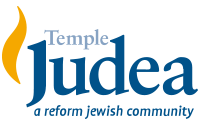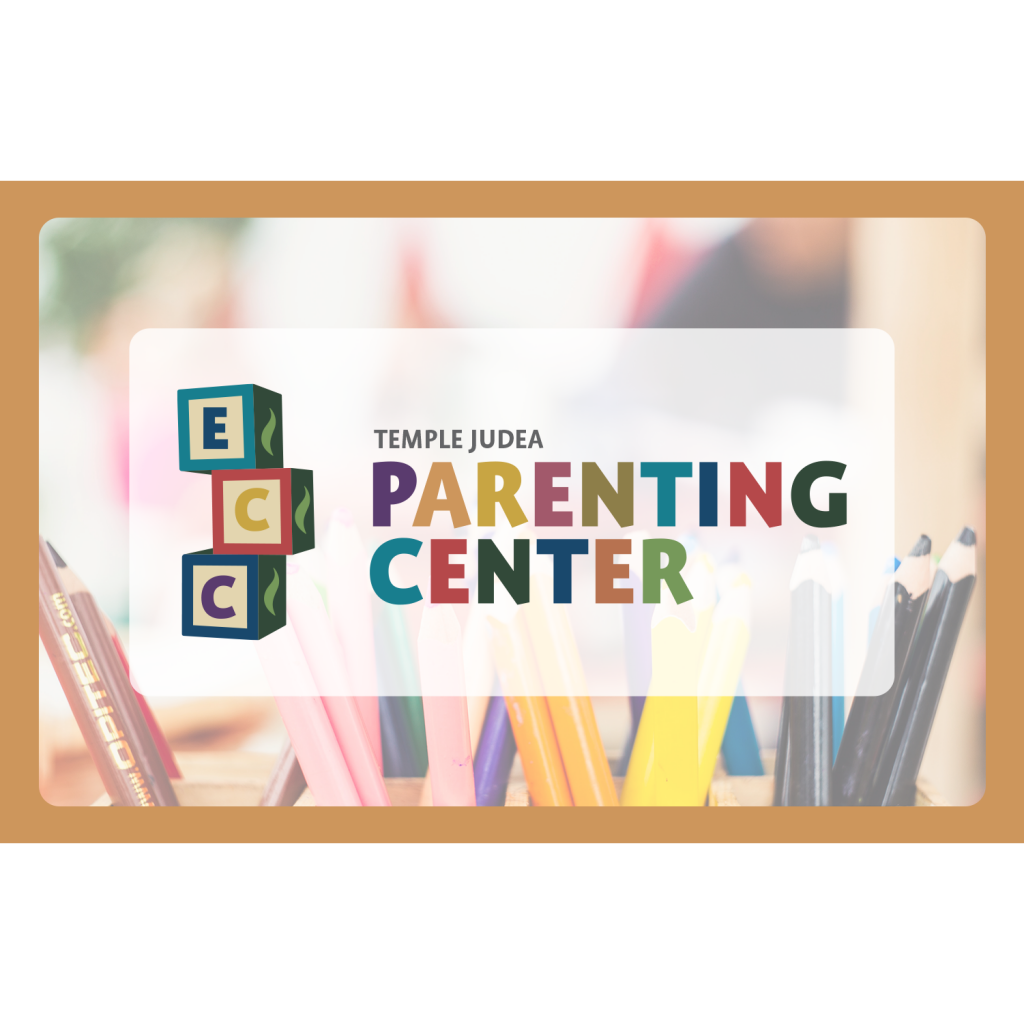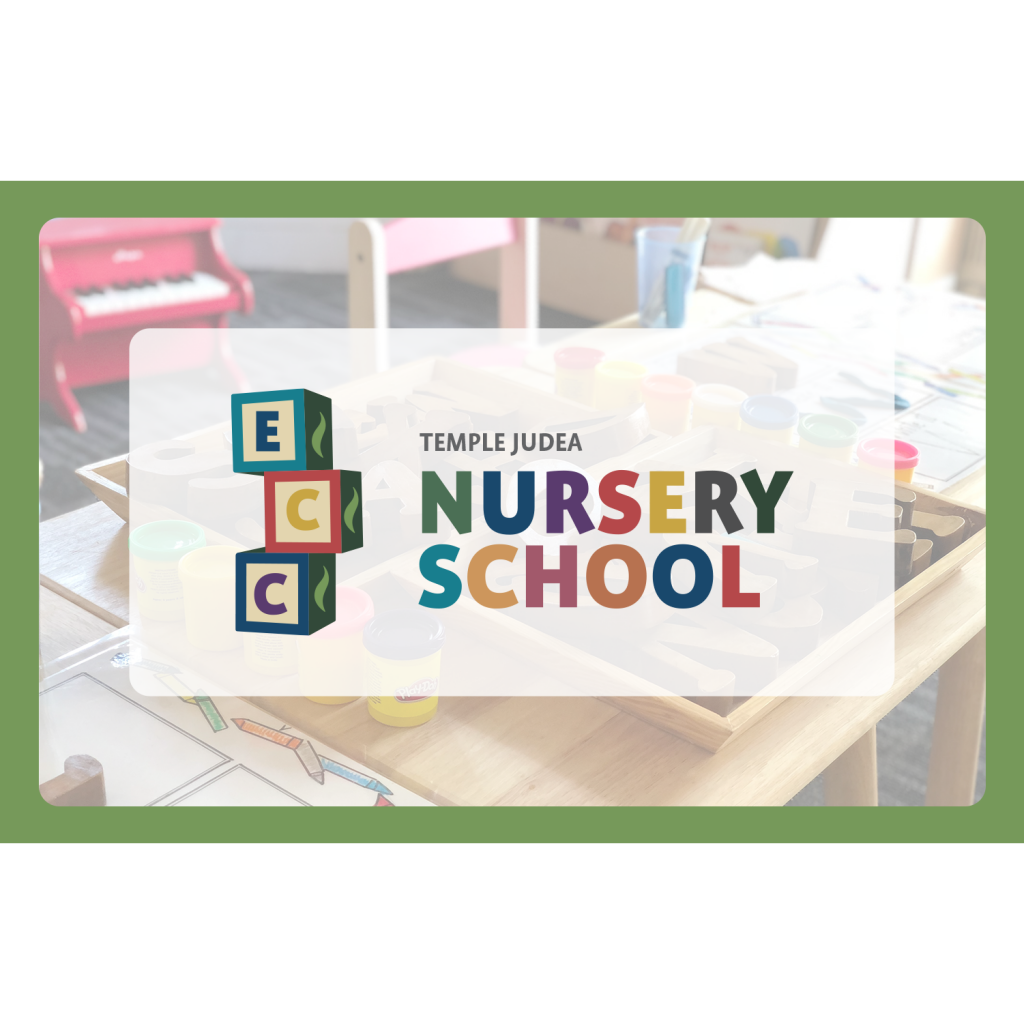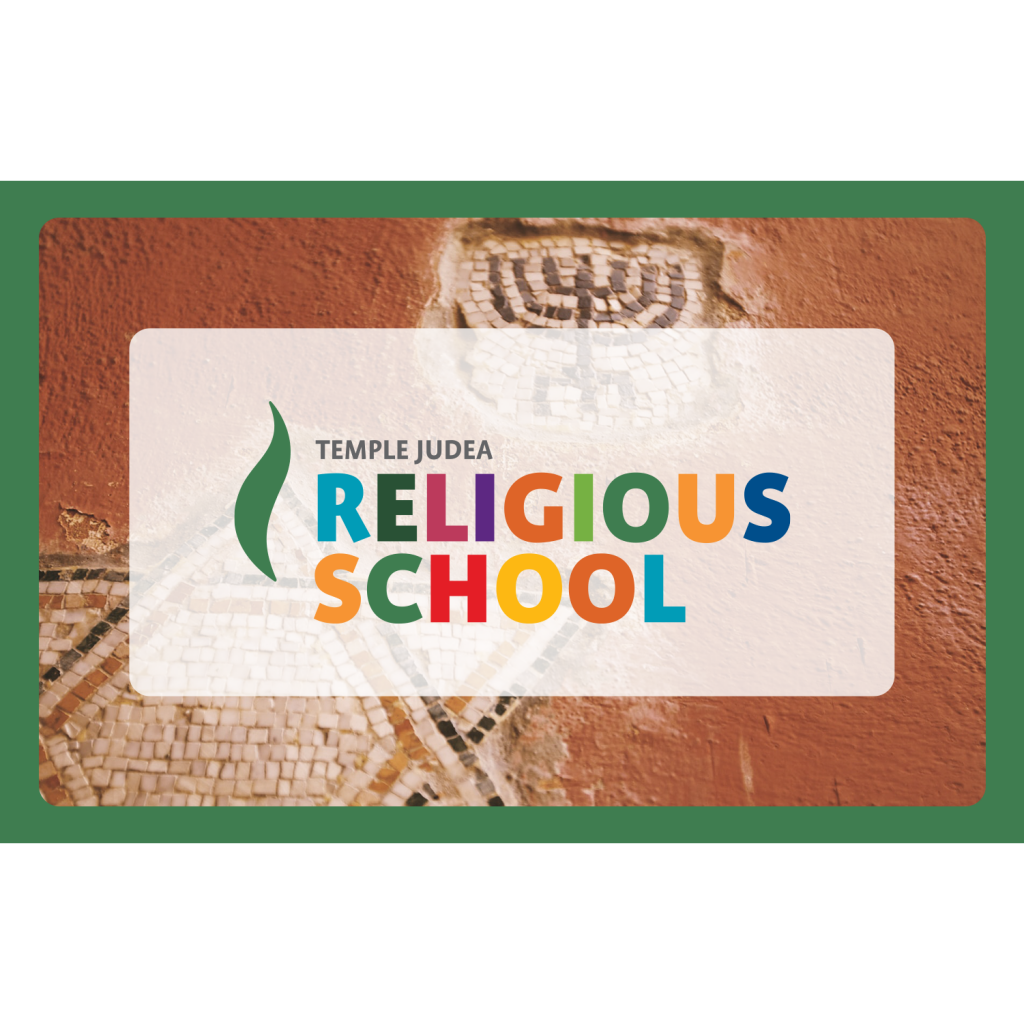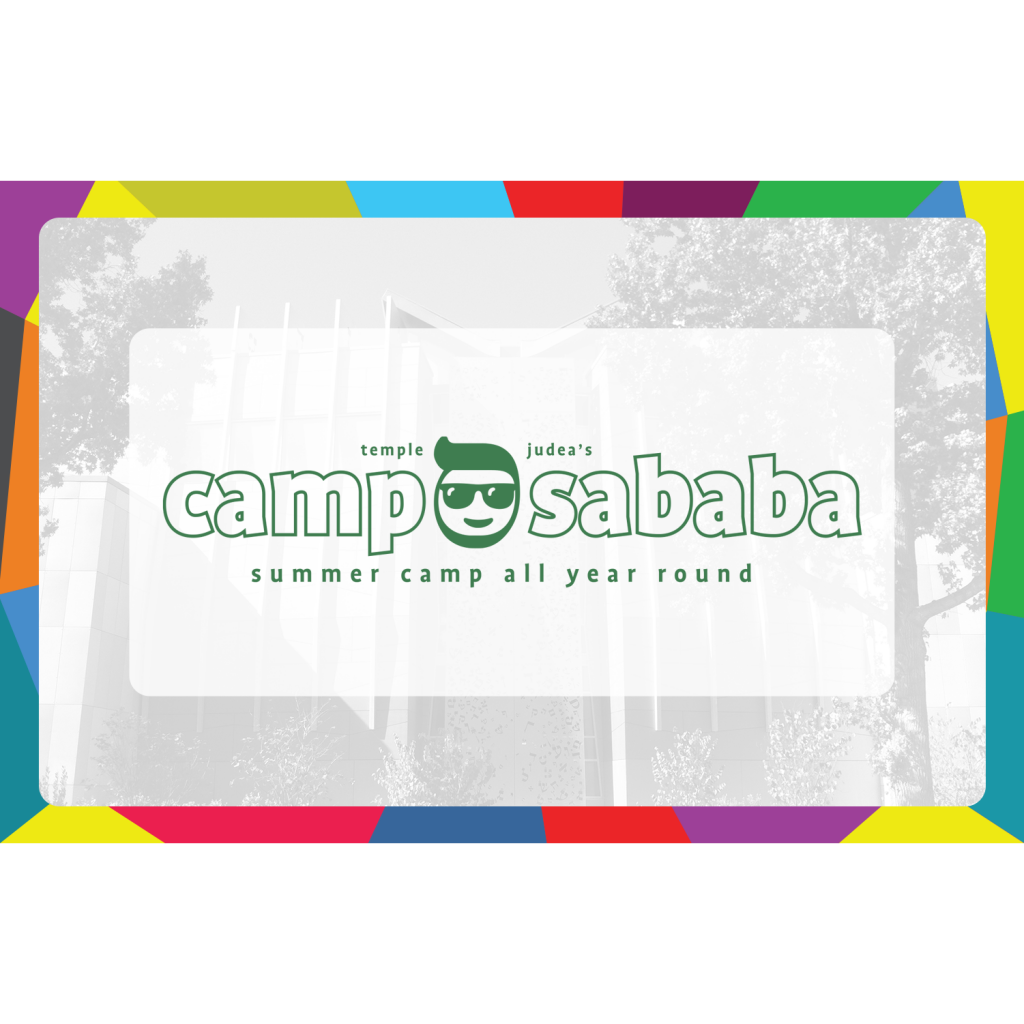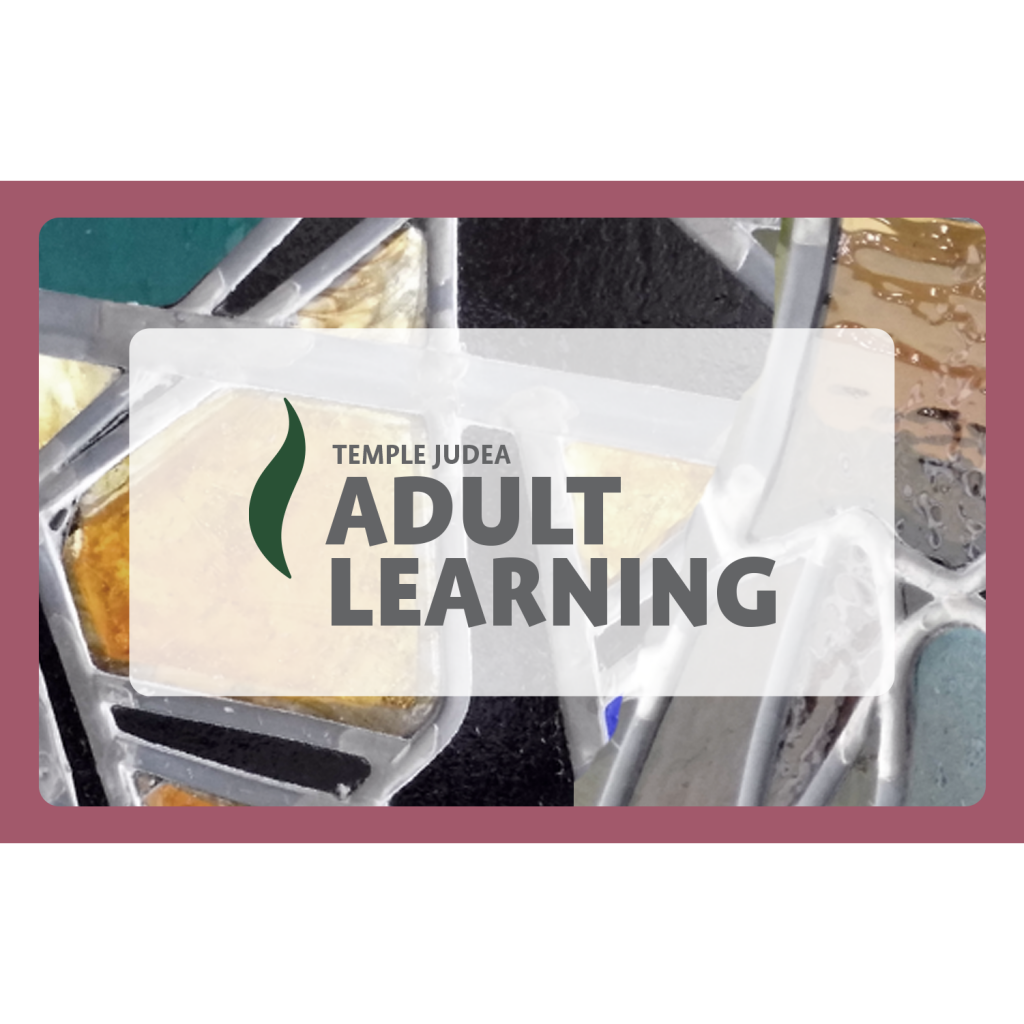We believe that the best Jewish learning fosters and sustains lifelong relationships.
Our ancestors understood that Jewish life exists at its best when in the richness of community. We also know that a leading indicator for an adult making Jewish choices is whether that person had strong Jewish relationships and associations as a child and adolescent. In that spirit, we seek opportunities to connect learners of all ages with each other through the fun, inquiry, and discovery they find in their learning, through the shared challenge of Hebrew language, through the moments of interaction in the hallways, through the social events of our youth groups. At every opportunity, we seek to integrate our students and families into the larger Temple Judea community and help them identify with Jews worldwide.
We believe in inspiring personal connection to Judaism and Jewry.
Relationships have a huge ability to inspire Jewish life, but we also know that we must be inspired on the individual level to uncover our tradition’s import and power at all points in our life. Seeking wisdom from a longstanding tradition in a “modern” age can seem countercultural, or at the very least an investment in time and attention to which we’re growing less accustomed. However, we’re doing something right if every student has “aha” moments during their year. We want them to encounter where our stories and rituals fit within the belief systems they are creating and refining, where Jewish life fits into their life and diverse passions, where Jewish values and actions of tikkun olam intersect with the vision and promise they see in the world.
We believe in empowering our learners to ask and explore deep and purposeful questions.
One of our tradition’s greatest strengths comes in the ability to question assumptions, to wrestle with ideas and arguments, and to do so respectfully. This community is one of deep curiosity, and one where all participants - students, parents, teachers, educators and clergy - are all learners committed to curiosity and growth. Often, those deep and purposeful questions relate to our tradition. More importantly, they usually relate to ourselves, our own struggles and journeys of growth and discovery, or our relationships with others and with God. This school is one where we welcome and honor all questions and - above all - those who ask them.
We believe that this learning community is sacred, with the responsibility of care for all its members.
The prophet Isaiah taught that our houses of prayer should be a place for all peoples. So too, we want our school to be a place where all learners feel a sense of belonging and affirmation for who they are, and where they are on their journey. We create this sacred space together in the ways you tell us what’s going on in your lives, in the ways we adapt to meet learners where they are, and in the ways we honor the whole person who comes to learn with us each session. When something is going on with you, your family, or your child, email your child’s teacher, email me. Let us connect.
L'shalom,
Rabbi Eric Rosenstein
It is our hope (and expectation) that Temple Judea Religious School will work in partnership with families to educate children so that those children have the competence and confidence to:
- Understand the Jewish traditions they have inherited through the generations and their responsibility as keepers of those traditions.
- Be connected to one another and understand the positive value of relationships made at the Religious School as part of a synagogue community, and to see temple affiliation as having positive value.
- Be connected to the larger Jewish community locally, nationally and internationally, and to have developed a connection to the land of Israel.
- Understand that as Jews, they have a responsibility to make the world a better place and to engage in Tikkun Olam to repair the world.
- Live their lives with an understanding of themselves, of others and of the world guided by Reform Jewish teachings, ethics and values.
- Master a set of competencies, as reflected in Reform Jewish practice, including:
- Understanding how to observe and participate actively in Shabbat, Jewish holidays, rituals and traditions.
- Know and study Jewish texts, especially Torah.
- Be able to read and understand the essence of "prayer book Hebrew” and use everyday Hebrew sayings.
- Have a basic understanding of Jewish history.
- Be aware of current issues affecting the Jewish people.
- Engage with God and deal with difficult theological questions.
- Develop meaningful individual and communal prayer.
- Be proud Jews.
